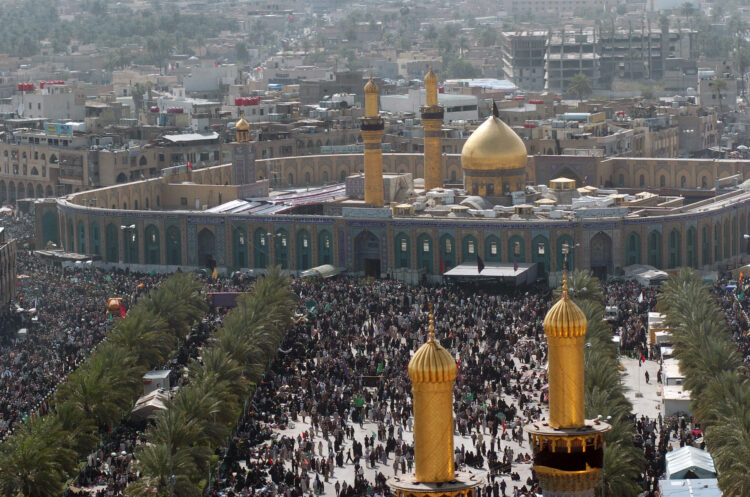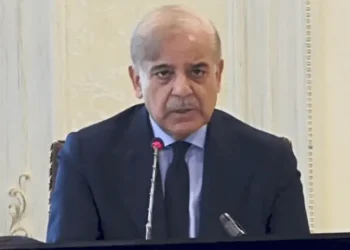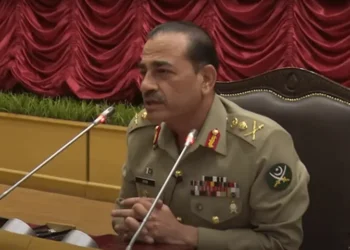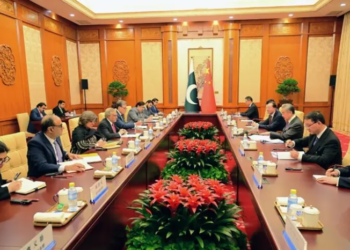ISLAMABAD; In a significant move ahead of this year’s Arbaeen pilgrimage, Interior Minister Mohsin Naqvi announced that Pakistani pilgrims will not be allowed to travel by road to Iran or Iraq due to heightened security concerns.
The decision, announced via his official account on X (formerly Twitter), comes as the government seeks to ensure the safety of citizens amidst a rising wave of terrorist incidents, especially in border regions like Balochistan and Khyber Pakhtunkhwa.
Arbaeen, observed 40 days after Ashura, commemorates the martyrdom of Hazrat Imam Hussain (RA) and holds deep religious significance for millions of Shia Muslims around the world.
Every year, around 700,000 Pakistani pilgrims travel to Iraq to participate in the religious procession in Karbala, making it one of the largest annual religious gatherings in the world. Many of these pilgrims prefer the overland route through Balochistan into Iran, and then onward to Iraq. However, that route has been increasingly plagued by threats from extremist groups, making the journey perilous.
Minister Naqvi stated that the decision was taken following thorough deliberations involving the Ministry of Foreign Affairs, the Government of Balochistan, and security agencies. “This difficult decision has been made in the interest of public safety and national security,” he said. He emphasized that the decision was not made lightly but was necessary to prevent potential threats to the lives of innocent pilgrims.
To mitigate the impact of the ban, the government has allowed pilgrims to travel by air. Prime Minister Shehbaz Sharif has directed relevant authorities to arrange additional flights to Iraq and Iran to accommodate the large number of pilgrims expected to travel during Arbaeen.
Naqvi confirmed that efforts are underway to facilitate air travel and ensure that religious devotees are not deprived of the opportunity to perform the pilgrimage.
This announcement follows a high-level meeting between the interior minister and Prime Minister Shehbaz Sharif in Islamabad. The prime minister reiterated the government’s commitment to supporting pilgrims and ordered the arrangement of special flights to ease their journey.
Earlier in May, Pakistan and Iran had agreed to boost cooperation for religious pilgrims during the Islamic months of Muharram and Safar, particularly during the Arbaeen season. As part of that understanding, both nations committed to keeping their shared border open 24 hours a day during the pilgrimage period.
The agreement also included increasing the number of flights and exploring sea travel options to reduce pressure on land routes. Moreover, Iran pledged to host and provide facilities—including food and lodging—for up to 5,000 Pakistani pilgrims in the city of Mashhad.
Despite these efforts, the rising security threats have compelled the Pakistani government to reconsider the viability of road travel through vulnerable areas. Since 2021, there has been a notable escalation in terrorism, particularly in restive provinces like Balochistan, where militant attacks on convoys and check-posts remain a persistent danger.
The decision to restrict road travel, although disappointing for many, reflects the government’s cautious approach to protect its citizens while ensuring that religious obligations can still be fulfilled through safer alternatives.





































































